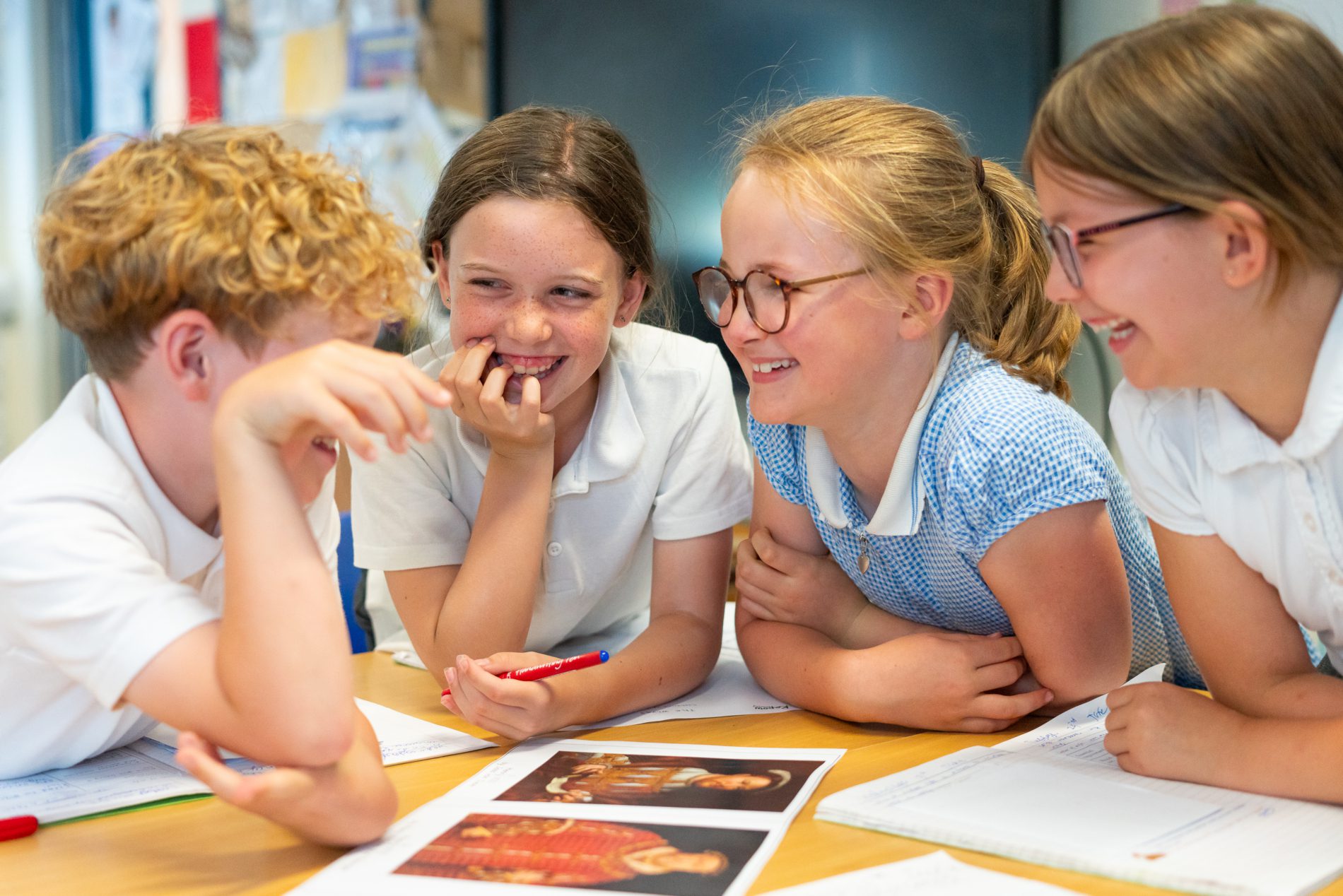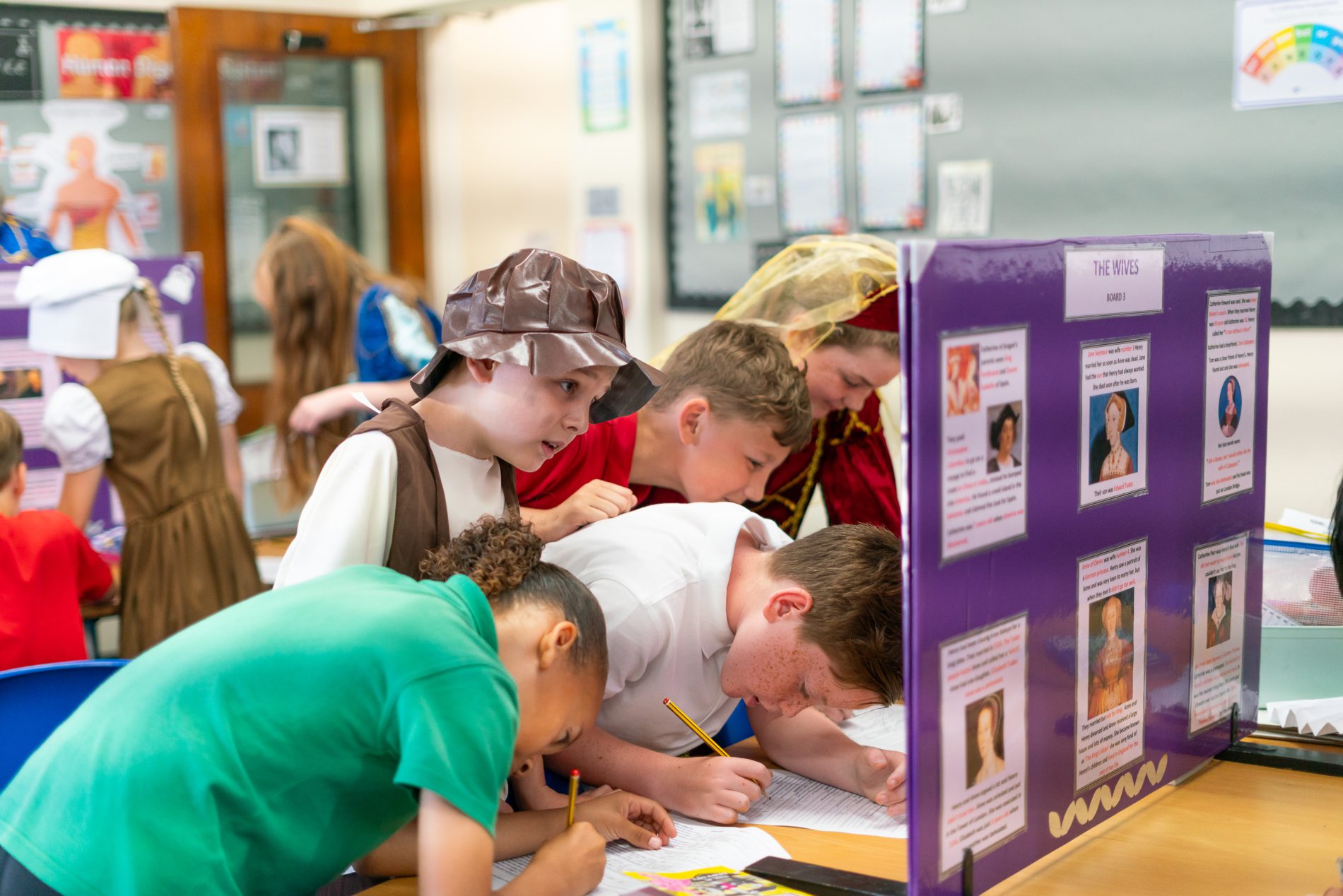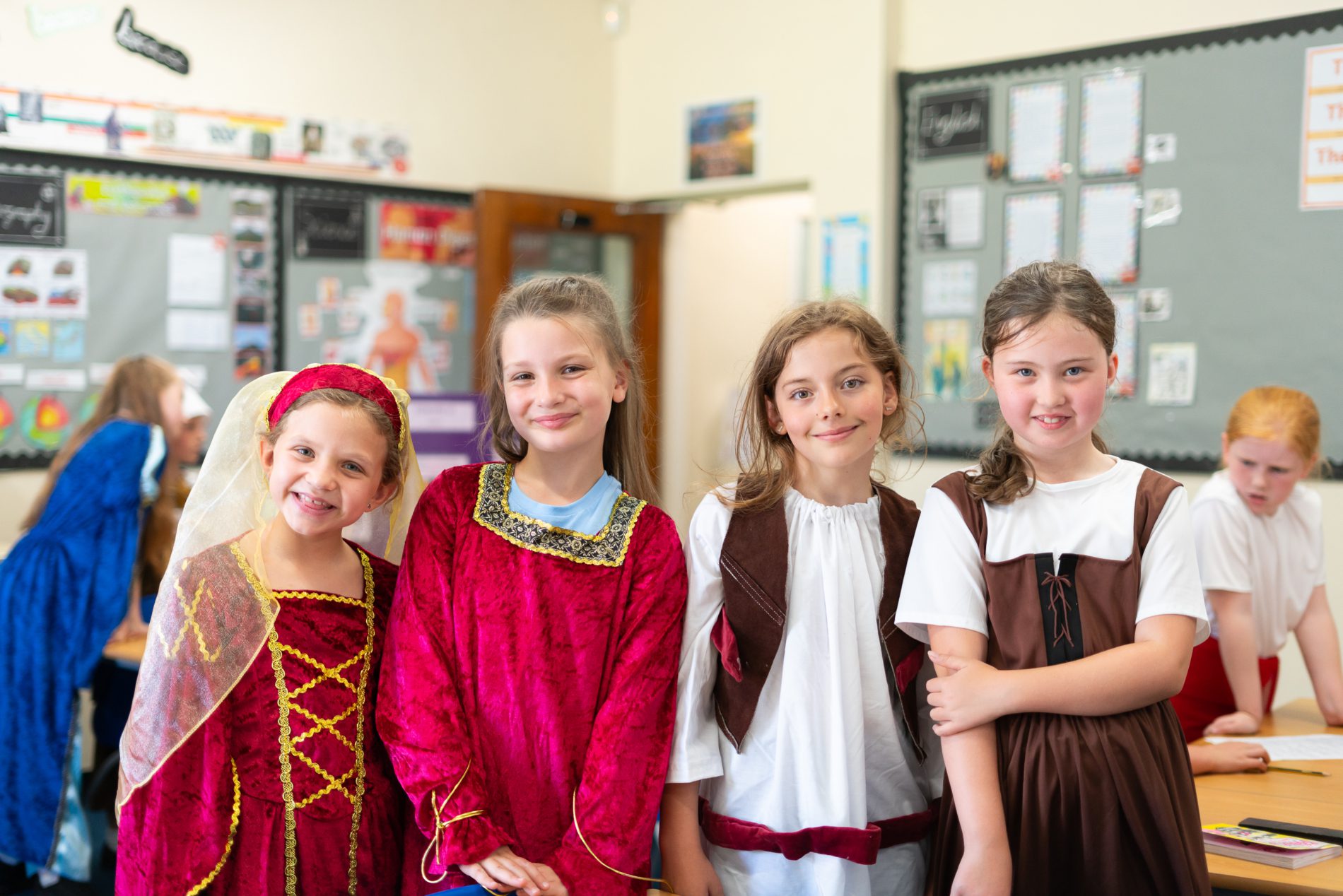History Subject Leader: Miss C Bull
History helps our pupils to appreciate the complexity and diversity of human societies and development. Pupils are given the opportunity to look back at human experiences across time and place, to fully understand their place in the world; exploring rights and wrongs, morals and ethics.
Intent
At Sutton-at-Hone Primary school, we endeavour to teach History and historical enquiry within a broad and balanced curriculum. Pupils leave Sutton-at-Hone with a secure understanding of chronology; both in Britain and the wider world. Through carefully planned, progressive lessons, pupils are taught about the significance of different historical periods, key historical figures and how History has influenced their lives today. Our intention is that children learn both about History and from History, adopting a curiosity and awareness of how History has been interpreted by different people at different times. Through the study of historical evidence and through exploring their local area, pupils will develop a deep understanding of the rich History of their locality.


Implementation
The National Curriculum is used to plan and deliver the teaching of History at Sutton-At-Hone in a systematic and progressive way.
Our curriculum design is based on evidence from cognitive science; three main principles underpin it:
- Learning is most effective with spaced repetition.
- Interleaving helps students to discriminate between topics and aids long-term retention.
- Retrieval of previously learned content is frequent and regular, which increases both storage and retrieval strength.
In addition to the three principles, we also understand that learning is invisible in the short term and that sustained – mastery- takes time. Because of this, History and Geography are taught in alternate weeks. Children are then able to develop their retrieval skills from fortnightly to retrieving information yearly. Our key concepts are taught over two years so that children can continually refer back to previous knowledge. Children are taught chronology in order to develop a sense of identity and cultural understanding and historical heritage.
Impact
Our ambitious, sequenced and progressive curriculum inspires children to become independent, inquisitive learners who think and act like historians, striving to learn more about the past. Children are able to successfully make links between eras of history and acquire levels of knowledge and historical enquiry skills to support future learning. Teachers place emphasis on analytical thinking and questioning which helps pupils to infer information from historical sources and develop critical thinking and curiosity. In turn, this enhances their abilities to sift through information and form their own judgements and arguments.

History in Each Stage
Throughout Key Stage One, pupils will learn about:
- The lives of significant individuals in Britain’s past who have contributed to our nation’s achievements – scientists such as Isaac Newton or Michael Faraday, reformers such as Elizabeth Fry or William Wilberforce, medical pioneers such as William Harvey or Florence Nightingale, or creative geniuses such as Isambard Kingdom Brunel or Christina Rossetti.
- Key events in the past that are significant nationally and globally, particularly those that coincide with festivals or other events that are commemorated throughout the year.
- Significant historical events, people and places in their own locality.
Throughout Key Stage Two, pupils will learn about the following:
- Changes in Britain from the Stone Age to the Iron Age.
- The Roman Empire and its Impact on Britain.
- Britain’s settlement by Anglo Saxons and Scots.
- The Viking and Anglo Saxon struggle for the Kingdom of England.
- A local history study.
- A study of a theme in British history.
- Early Civilizations achievements and an in-depth study of one of the following: Ancient Sumer; The Indus Valley; Ancient Egypt; The Shang Dynasty.
- Ancient Greece
- A non-European society that contrasts with British history chosen from:
- Early Islamic Civilization
- Mayan Civilization
- Benin.
History Progression
SEND Information
SEND and disadvantaged children are given the required support within history lessons to access all national curriculum objectives.
History Extra Resources
- Encourage your child to talk to family members about their childhood and their memories of older family members (50 things)
- Build a family tree (50 things)
- Visit museums or historical buildings of interest – many of these are free and have excellent, engaging resources for children to use while on their visit (50 things)

